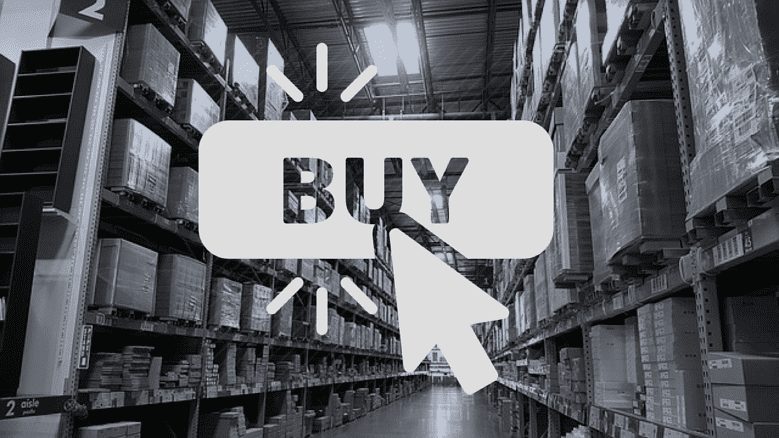The uptake of digital as a key sales channel (be it through mobile apps or ecommerce sites) has made effective inventory management and logistics an increasingly complex challenge for many retail organisations. Market uncertainty, seasonality and demand fluctuations, constant pressure for cost optimisation and growing customer expectations, make it essential for COOs and CTOs to ensure a lean, reliable operation with next to zero inventory, instant order fulfilment, and flexibility to adopt to the constantly changing business demands and market conditions.
Transforming the warehouse operation into a well-integrated environment, connected not only with the organisation’s application ecosystem but also open to 3rd party systems (suppliers, partners, marketplaces etc) is the only viable solution for retailers who want to remain competitive in the long run.
An API-based approach to Warehouse Management integration
APIs (Application Programming Interface) enable organisations to connect different systems and applications in order to extract and share data as required.
Most companies today use many different software systems –accounting, CRM, eCommerce, point-of-sale, warehouse management (WMS), just to name a few. Each of these systems holds a piece of information which needs to be combined with other pieces of information from other systems in order to provide the necessary intelligence. A typical case would be the connection of the WMS with systems like ERP, TMS and eComms.
With an API-led approach to integration, an organisation can create an application network spanning across their systems, legacy and live, to allow people inside and outside the enterprise to have controlled access to valuable business data.
The benefits of integrating the warehouse management system are plentiful. As an example, we look into some of the benefits derived from two key integrations.
Warehouse Management integration with ERP
By following an API-led approach to integrating the company’s WMS with its ERP, the retailer can get access to accurate, real-time information across different aspects of the business, like:
- Inventory availability of a particular SKU
- Tracking order status from processing to final delivery
- Status on returns
- Analysis of different carrier costs
- People allocated to each part of the supply chain
Warehouse Management integration with an eCommerce platform
In eCommerce, the average number of single-item orders can reach as high as 80% making it almost impossible for traditional retail systems to manage effectively. APIs remove silos and allow for the information to flow seamlessly to create a well-oiled operation for the physical as well as the digital world.
- Accurate stock levels listed online
- Efficient processing of single-item orders
- Introduction of automations like scanning and printing
- Enablement of a Click & Collect facility
Warehouse Management integration equals ROI
An API-led approach to integration will provide retail organisations with the innovation, functionality, and versatility they need to grow and thrive. From reduction in operational expenses, to improved supplier and customer relationships the benefits are huge:
- Increased inventory accuracy
- Increased order fulfillment capacity, accuracy and speed
- Increased inventory turns
- Better allocation of resources
- Reduced overstocking and shortages of inventory
- Increased ability to adjust to seasonal fluctuations
- Improved ability to meet customer-specific requirements
Final thoughts
In the increasingly digital retail marketplace, technology takes center stage. APIs enable faster innovation, breaking down barriers to change and allowing more people to contribute to the success of a business. At Coforge we have had the opportunity to help many retailers transform their business by implementing MuleSoft’s Anypoint PlatformTM and the gains from an API-led integration are almost instant. However, what is perhaps most important for the long run, is the reusability of APIs for similar use cases, which allows for enhanced self-serve and accelerated delivery and scale.
If you would like to find out more about how Systems Integration could help you make the most out of your current infrastructure while enabling you to open your digital horizons, do give us a call at +44 (0)203 475 7980 or email us at Salesforce@coforge.com
Other useful links:
Why should Retailers care about Systems Integration
Retail Digital Transformation
MuleSoft Integration Services




